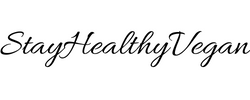Last updated on March 28th, 2023
How Long Does Vegan Cheese Last? Vegan cheese can last 5-7 days if opened, 7-10 days if sliced or shredded, and up to 2 weeks if unopened in the fridge.
Many people have questions about how long does vegan cheese Last? Whether you’re looking for dairy-free alternatives for your family or simply curious about how long plant base cheese lasts, you’ll find the answers you need here.
We all love cheese. It’s one of our favorite foods, and most are always looking for ways to extend its life.
Hungry for the Best Vegan Products? Discover Our Top Picks You Can't Resist! 🥬
One way is to make it vegan. Making vegan cheese is easier than you think, and it doesn’t take much more time or effort than making regular cheese.
It’s great for vegans and suitable for everyone because it’s lower in fat and calories. Here are 5 ways you can make vegan cheese last a long time.
Approved and Reviewed
Our Best Pick: Follow Your Heart, parmesan-shredded is a delicious cheese alternative that retains the creamy authentic flavor of real cheese and can be used wherever you use real shredded parmesan. It is gluten-free, vegan, dairy-free, Non-GMO, and kosher. Each package contains 4 ounces of lactose-free cheese.
Our Second Best Pick: Field Roast, Chao Vegan Slices: a vegan coconut cheese alternative seasoned with a traditionally fermented soybean curd called Chao by the Vietnamese.
| Topic | Key Takeaways |
|---|---|
| Vegan Cheese Shelf Life | 5-7 days if opened, 7-10 days if sliced or shredded, and up to 2 weeks if unopened in the fridge |
| Proper Storage | Store vegan cheese in an airtight container or resealable bag in the fridge |
| Signs of Spoilage | Look for changes in smell, appearance, or texture, as well as mold growth |
| Freezing Vegan Cheese | Vegan cheese can be frozen for up to 6 months, but may change in texture and flavor |
| Importance of Expiration Dates | Follow the expiration date on the packaging and consume before it expires for the best quality and safety |
History of vegan cheese:
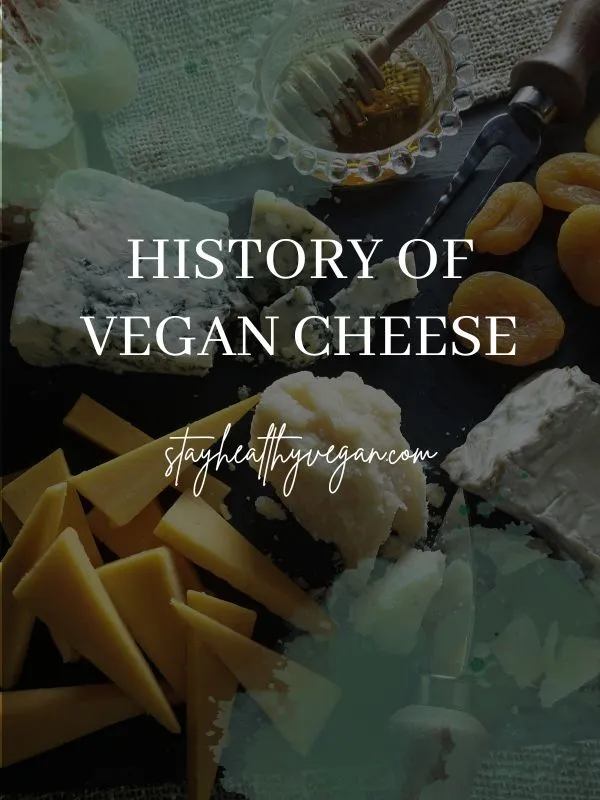
As a matter of fact, cheese was discovered about 5,000 years ago. It is made from milk. However, it wasn’t until about 2,000 years ago that cheese became popular.
It was then that people started to use different kinds of cheese. Over the years, the process of making cheese has changed a lot.
The history of vegan cheese is relatively recent, with the first commercially available product being Tofu Ricotta Cheese, which was created in 1988.
Ever since, there has been a proliferation of vegan cheese products, with many different brands and types available.
Some cheesemakers still make cheese from milk, but others do not. Many cheesemakers now make cheese from nuts and seeds. This new kind of cheese is called nut cheese. It tastes perfect.
What is vegan cheese?
Vegan cheese is a substitute for dairy cheese. Dairy cheese is made with milk from cows.
Vegan cheese is made from plant-based products such as soy milk, cashews, and almonds. You can find many kinds of plant-based cheese at the store. For Example, “Nut Cheese”
Related: Does French Bread Have Dairy?
Nut vegan cheese is a type of cheese made from nuts. This is not the same as regular cheese that is made from milk. Nuts such as almonds, cashews, and walnuts are used to make vegan cheese.
It is essential to be aware of this so you don’t get the wrong idea about vegan cheese.
Individuals that are allergic to milk products can use vegan cheese in order to substitute for regular cheese.
Types of vegan cheeses:
One type of vegan cheese is cheese made from tofu, and it is trendy in Japan. Another type of vegan cheese is soy cheese, it is made from soy milk and other ingredients.
These two types of plant-based cheese are not really cheese at all. They are just soy-based foods. However, they do taste good. There are many different kinds of vegan cheeses.
Some of them are made from almonds, cashews, hazelnuts, mushrooms, peas, chickpeas, coconut, and sunflower seeds. You can eat these cheeses on their own or add some salt, pepper, and seasonings to them.
Ingredients used in vegan cheese making –
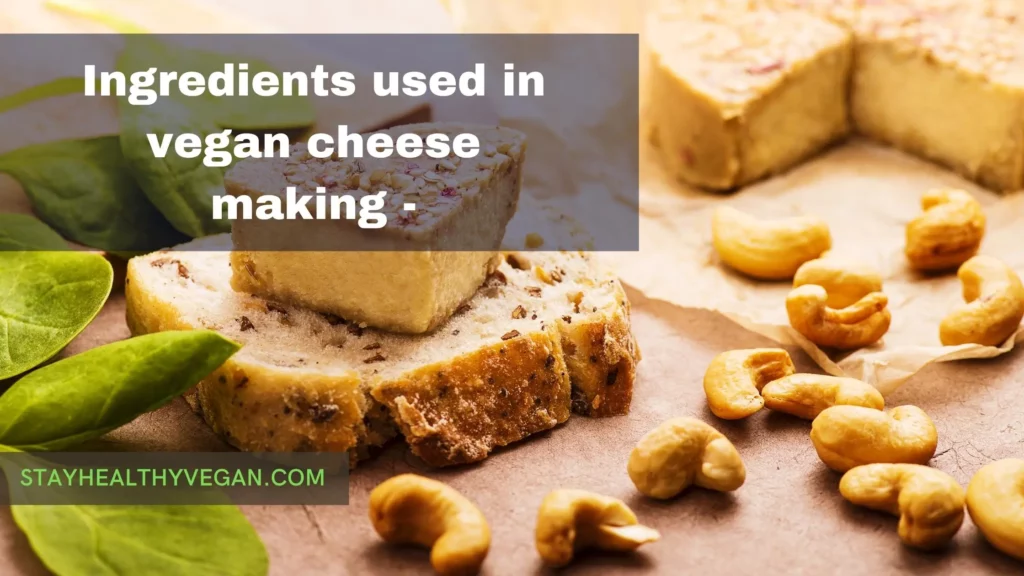
Vegan cheese can be made from different types of ingredients, such as cashews, soy milk, rice milk, or almond milk. -To make vegan cheese, you will need to soak the ingredients in water for a few hours, then blend them until smooth.
How long does vegan cheese last?
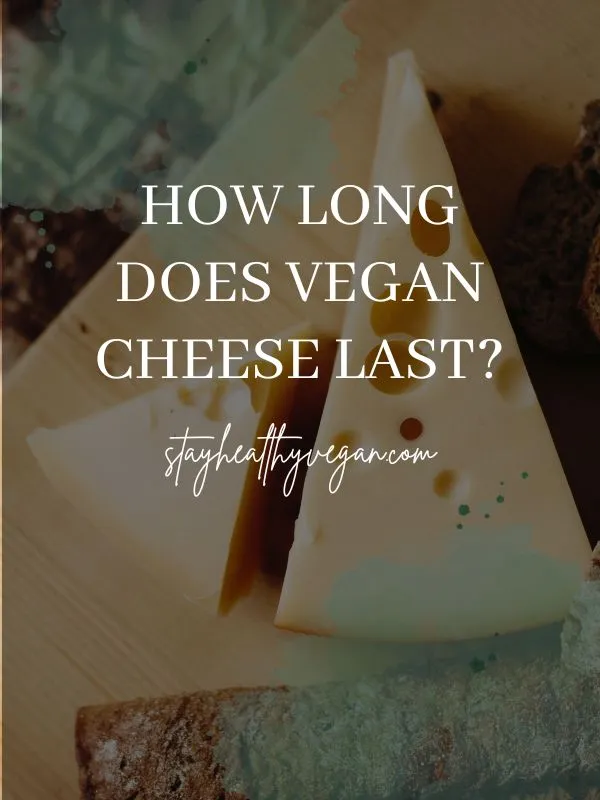
Vegan cheese will last anywhere from a few days to a few weeks, depending on the type of vegan cheese and how it was stored.
Types of vegan cheese that will last the longest are stored in a sealed container in a cool, dark place.
Cheeses such as Chao, Daiya, and Miyoko are good examples of vegan cheeses that will last for several days.
It is pretty hard to say how long a vegan cheese lasts. It depends on the type of cheese you are making.
For example, when we are making vegan cheese, we make it with nutritional yeast, which is yeast that contains all the protein you need.
You can use different types of nuts and grains as a base for your cheese. This is also a way to make sure that the cheese is nutritious and healthy for you.
So, you shouldn’t expect it to last very long. If you want a longer-lasting vegan cheese, then you should look at other ingredients such as tofu or vegan milk products.
Side Effects of cow milk on the human body:
There are no reported side effects of cow milk ingestion on the human body.
However, since cow milk is a relatively high-fat food, some people may experience minor health problems if they consume large amounts of cow milk on a regular basis.
Related: Is whey protein vegan? Here’s what to know
There is debate over whether milk ingestion on the human body is harmful. Some people argue that milk is a high-fat food and can lead to health problems if eaten in large quantities regularly.
What are the pros and cons of eating vegan cheese?
Eating vegan cheese is an excellent decision. It will keep you healthy. Cheese contains a lot of calcium, which makes it a good choice for your bones.
You will also get many other health benefits from it. It is a high-protein food, so it will give you the energy you need to exercise daily.
Vegan cheese contains no animal products or milk. You will not have to worry about getting sick, but you will still need to be careful about how you prepare your food.
It’s an excellent idea to eat organic foods to avoid contamination.
Pros of eating vegan cheese:
- It is a healthy alternative to cheese made from animal products.
- Environmentally friendly because it does not require the use of dairy products or animal byproducts.
- This cheese is affordable.
- It is healthier than cheese made from animal products because it is free of cholesterol and other unhealthy additives.
Cons of eating vegan cheese:
Some people believe that vegan cheese is not as tasty as cheese made from animal products.
Dairy-free substitutes for vegans:
Cheese, ice cream, and milk are a part of our everyday life. So, it is hard to imagine a life without them.
However, many people do not like these things because they are not healthy. These people try to find alternatives to them.
There are many vegan products available. We can use these to make our own cheeses, ice cream, milk, and other dairy-free products.
You can use different types of nuts and seeds such as almonds, cashews, walnuts, etc., and other ingredients to make your own dairy-free products.
Try to make these dairy-free products with no additives and artificial ingredients. You do not require to be a vegan to appreciate your dairy-free products.
How to preserve vegan cheese in 5 ways?
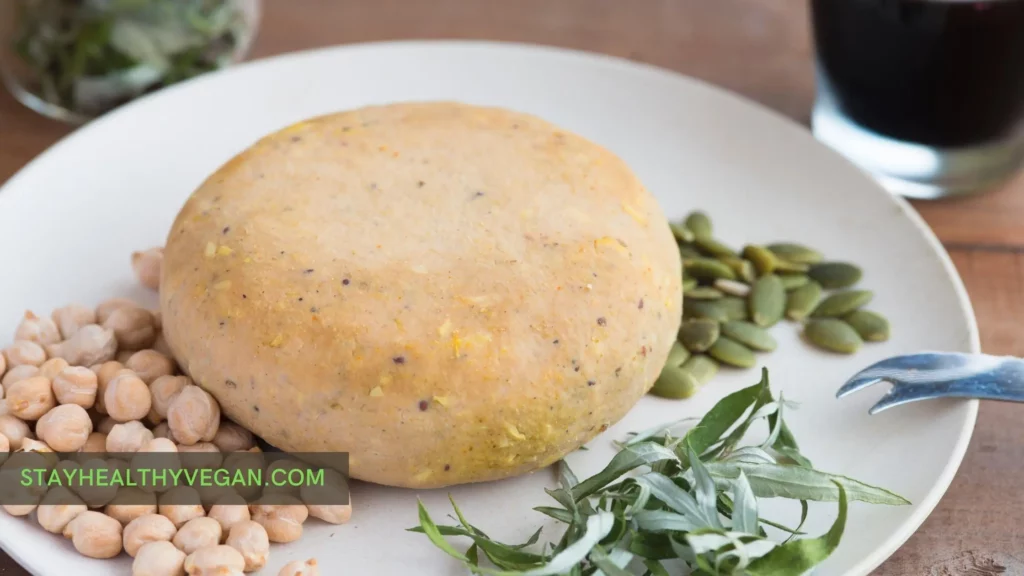
- First, cut it into small cubes and put it in a jar. Ensure the pot has a tight lid so the cheese won’t spoil quickly.
- You can put some salt on top of the cheese if you want. This will help you to remember when to use the cheese.
- Second, you can mix it with water and keep it in the fridge. This will help you to have your cheese at home without going out to buy it.
- Third, you can put it in a bag and keep it in the freezer. Make sure that you wrap the cheese in plastic before putting it in the freezer.
- Fourth, you can put it in the microwave for 30 seconds for defrost. It would be best if you were careful not to burn it.
- Another way to preserve vegan cheese is by making it in a crockpot. You can simply add milk and other ingredients to the crockpot and heat it on low for several hours.
In conclusion, vegan cheese can last a while when stored properly. Here are five ways to extend its life:1. Keep it refrigerated.
2. Wrap it well.
3. Use airtight containers.
4. Store it away from heat and light.
5. Eat it before the expiration date.
Frequently Asked Questions (FAQ):
Does vegan cheese have to be used within 7 days of opening?
Most vegan cheese products should be used within 7 days of opening to ensure they are of their best quality.
So can you freeze vegan cheese?
Yes, vegan cheese can be frozen. However, it will not have the same texture and flavor as regular cheese.
How Long Can You Keep Vegan Cheese in the Freezer?
It depends on different aspects but generally, you can keep vegan cheese in the freezer for up to three months.
Can I freeze cashew cheese?
Yes, cashew cheese can be frozen. Follow the manuals on the package to defrost.
Can you add soy milk in place of water?
Soy milk can be substituted for water in most recipes, but the results may differ.
